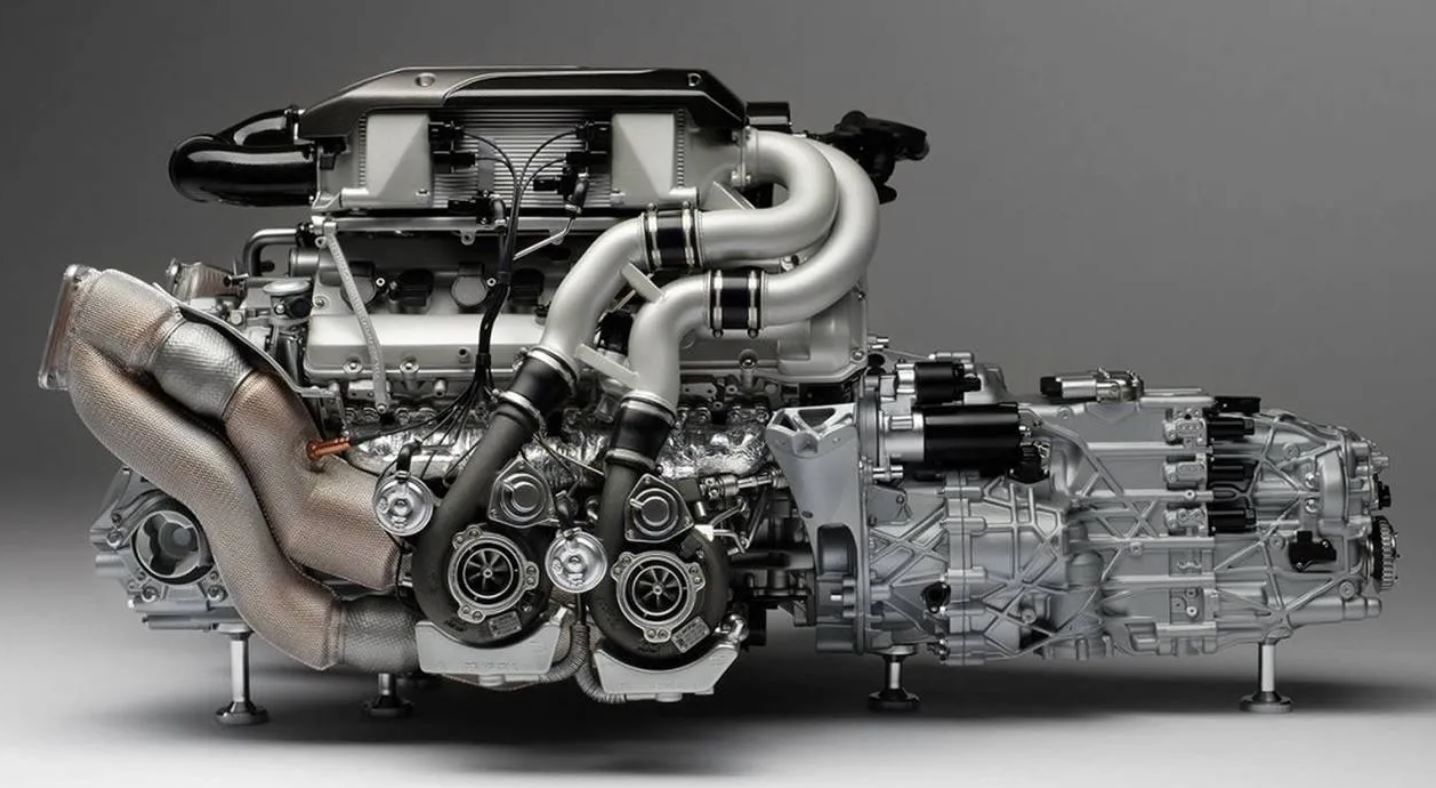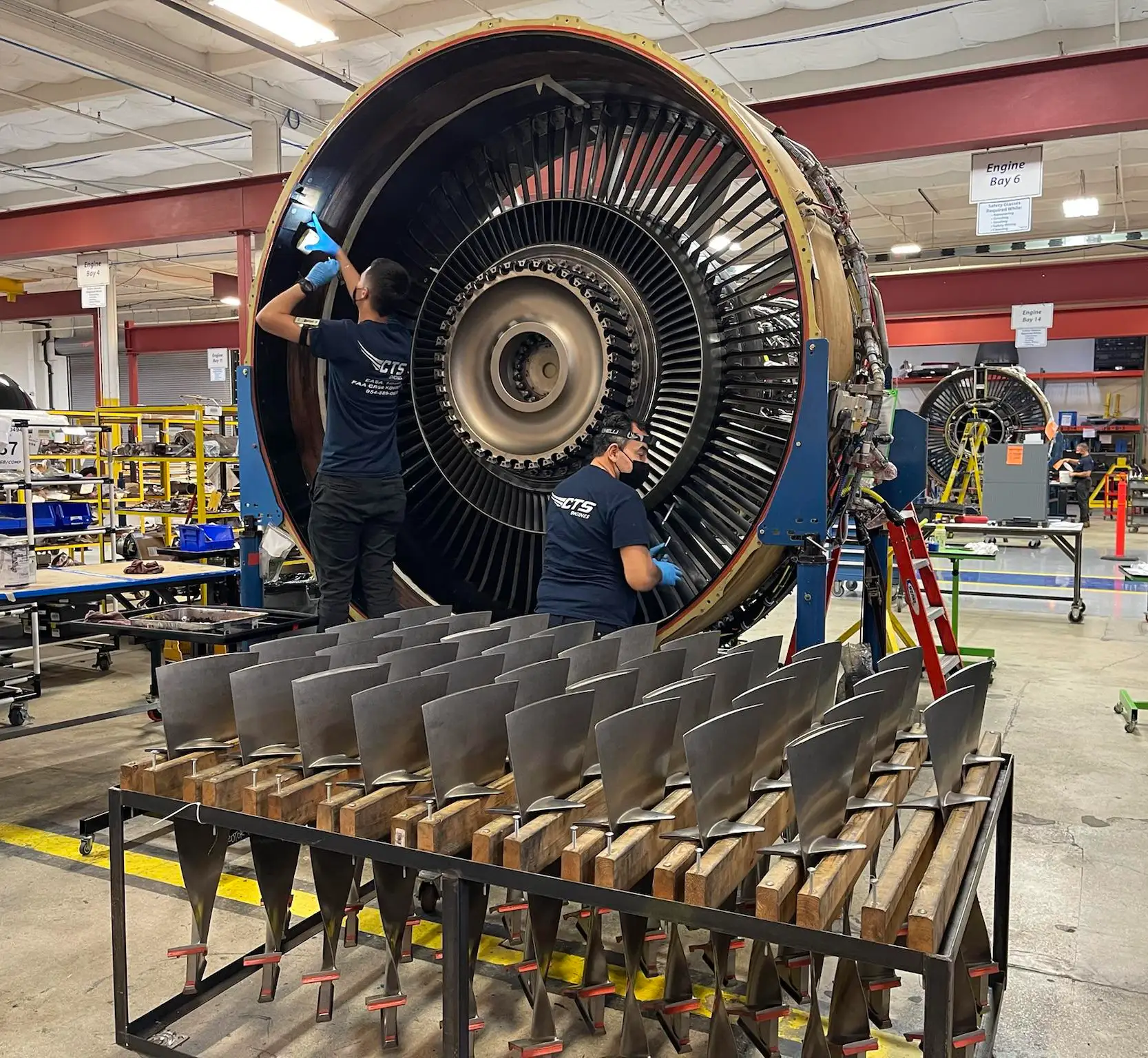Locate Engines for Africa Quickly at Our Hassle-free Automobile Components Store
Locate Engines for Africa Quickly at Our Hassle-free Automobile Components Store
Blog Article
The Effect of Ingenious Engine Technologies on Energy Efficiency and Environmental Sustainability
In the realm of transport and industrial machinery, the constant mission for improved power performance and reduced environmental impact has brought about significant improvements in engine modern technologies. From the steady shift towards electric and hybrid systems to the combination of turbocharging for enhanced effectiveness, the landscape of engines is advancing swiftly. The use of different gas better expands the alternatives available for lasting power sources. These technologies not only promise a greener future but additionally hold the possible to change the way we come close to power usage and environmental sustainability.
Development of Engine Technologies
The development of engine modern technologies over the years has actually been marked by continuous technology and improvement in search of improved efficiency and effectiveness. From the very early days of internal combustion engines to the sophisticated crossbreed and electric powertrains these days, the development of engine innovations has been driven by an unrelenting pursuit for improved gas efficiency and minimized exhausts.
One considerable milestone in this development was the growth of turbocharging and straight shot systems, which considerably improved engine power output while boosting gas efficiency. These modern technologies enabled smaller sized, extra light-weight engines that could deliver the performance of bigger ones without endangering on efficiency.
Moreover, innovations in materials scientific research have actually resulted in the extensive fostering of light-weight materials such as aluminum and carbon fiber in engine building. This has not only reduced general automobile weight yet has additionally improved engine efficiency by reducing power losses connected with inertia and rubbing.
Benefits of Electric and Hybrid Solutions
With the expanding emphasis on sustainability and power performance, what benefits do electric and hybrid systems offer in the realm of engine modern technologies? Electric and hybrid systems existing numerous benefits that add to a more lasting and energy-efficient future. One of the key advantages is the considerable decrease in greenhouse gas discharges compared to standard interior combustion engines. Electric cars produce zero tailpipe emissions, leading to improved air top quality and reduced ecological effect. In addition, hybrid and electrical systems are much more energy-efficient, converting a greater percent of saved power into propulsion contrasted to traditional engines. This effectiveness results in reduced power consumption and operating expense over the car's life time. Additionally, electric lorries provide regenerative braking systems that keep and capture power typically shed during braking, further boosting power efficiency. Crossbreed systems combine the advantages of electrical propulsion with the versatility of a burning engine, supplying prolonged driving varieties and minimizing variety anxiety for customers transitioning to electric vehicles. Overall, electrical and hybrid systems play a crucial duty in advancing energy performance and environmental sustainability in the transport industry.
Turbocharging for Improved Performance
Innovative engine technologies like hybrid and electric systems have led the way for developments in automobile performance, with turbocharging arising as a vital technique for enhancing overall performance and sustainability. Turbocharging jobs by using a turbine to force more air into the burning chamber, enabling for much better gas burning and boosted power result without a substantial increase in engine size. This process, understood as forced induction, makes it possible for smaller, extra fuel-efficient engines to produce power levels comparable to bigger ones. By maximizing the efficiency of the burning procedure, turbocharged engines can attain better gas economy and decreased emissions, adding to environmental sustainability. Furthermore, turbocharging improves engine responsiveness, providing chauffeurs with a more dynamic driving experience. The widespread fostering of turbocharged engines in both gas and diesel vehicles shows their performance in stabilizing efficiency, performance, and environmental influence. As vehicle suppliers continue to improve turbocharging technology, its role in advertising power effectiveness and sustainability in the transportation sector is expected to expand additionally.
Harnessing Alternative Gas
Using alternate fuels provides an appealing opportunity for minimizing carbon exhausts and expanding the power sources utilized in transportation. As the world makes every effort to combat environment change and decrease reliance on fossil gas, alternate fuels have gained substantial attention for their potential ecological and economic benefits.
Biofuels, such as ethanol and biodiesel, are originated from renewable resources like algae, corn, and sugarcane, supplying a cleaner burning choice to standard gas and diesel. These gas can be blended with existing oil gas or used in dedicated engines, providing a pathway to lower greenhouse gas discharges and improve air high quality.
Furthermore, hydrogen fuel cells have actually become a promising innovation for zero-emission transport. engines for africa. By converting hydrogen gas right into electrical power to power electric motors, fuel cell lorries create just water vapor as a byproduct, removing harmful tailpipe exhausts totally
Along with lowering carbon discharges, alternate gas can likewise improve energy safety and security by expanding the fuel mix and reducing reliance on imported oil. Accepting alternative gas in transportation is an essential action towards achieving a much more lasting and eco-friendly future.

Ecological Advantages and Future Prospects
The ecological advantages of alternate fuels and their capacity for long-lasting sustainability are key considerations in the shift towards cleaner power sources. Alternative fuels, such as biofuels, hydrogen, and electricity, offer significant go to website ecological benefits contrasted to conventional fossil fuels. These fuels produce lower levels of greenhouse gas exhausts, reducing air pollution and mitigating environment change influences. In addition, alternate fuels can aid expand power sources, enhancing energy safety and have a peek here lowering reliance on finite resources.
The future prospects for alternative gas in the transportation field are promising. Innovations in modern technology remain to boost the efficiency and price of alternative gas vehicles, making them a lot more accessible to consumers. Governments around the globe are additionally implementing plans to incentivize the fostering of alternate gas, even more driving their development. As research and growth initiatives increase, the capacity for even greener and extra lasting fuel alternatives enhances, leading the means for a cleaner and much more eco-friendly transport market. By welcoming innovative innovations and alternative gas, the path towards a more lasting future ends up being increasingly achievable.

Verdict
In verdict, innovative engine modern technologies have actually played an important role in improving energy effectiveness and promoting environmental sustainability. The evolution of engine technologies, fostering of hybrid and electric systems, use of turbocharging, and exploration of alternative fuels have all added to boosting and decreasing exhausts efficiency.
In the realm of transportation and commercial equipment, the continuous mission for improved energy performance and decreased ecological impact has actually led to significant improvements in engine modern technologies. Turbocharging works by making use of a turbine to require more air right into the combustion chamber, enabling for better gas burning and increased power output without a considerable rise in engine size. By maximizing the effectiveness of the combustion process, turbocharged engines can accomplish improved gas economic climate and reduced exhausts, contributing to ecological sustainability. Alternative gas, such as biofuels, hydrogen, and electrical power, offer substantial ecological advantages compared to standard fossil gas. The development of engine modern technologies, adoption of hybrid and electrical systems, usage of turbocharging, and expedition of alternative gas have all added official statement to minimizing exhausts and raising effectiveness.
Report this page